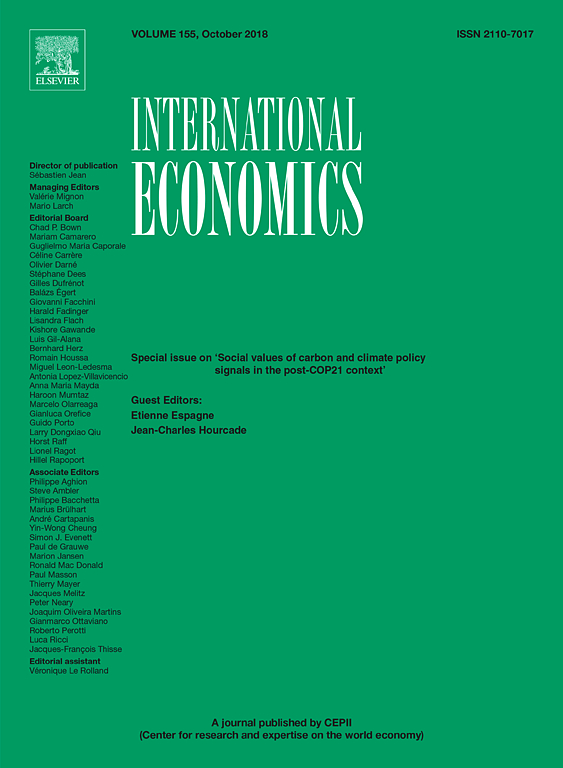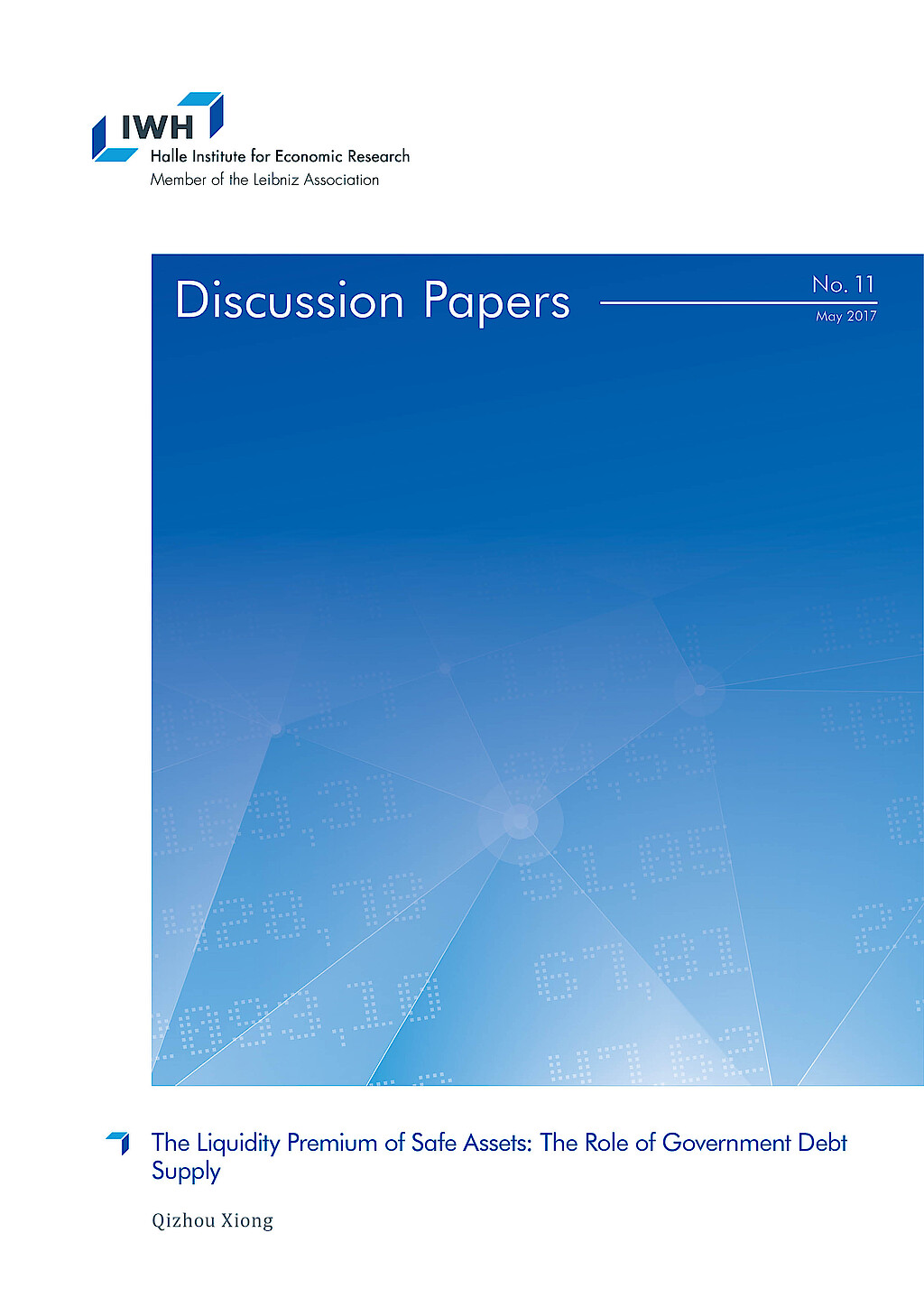Governance and Finance
Corporate governance today is about more than just making profits for shareholders. It now aims to balance the needs of all stakeholders-employees, investors, creditors, and business partners. Good governance helps companies run better, attract talent, gain customer trust, and lower financial costs. Conversely, poor governance can lead to scandals, job losses, and broken contracts.
The “Governance and Finance” research group studies how governance works in modern financial markets. One of the focuses is on how firms choose, motivate, and keep talented leaders, especially CEOs, since exemplary leadership is key to company success.
The group is also interested in investigating how changes in financial markets, like the rise of big shareholders, activist investors, or even creditors, affect company decisions. The goal is to understand how different players and institutions influence company behavior and what that means for the future of business.
Research Cluster
Financial Resilience and RegulationYour contact

- Department Financial Markets
Refereed Publications

Managerial Effect or Firm Effect: Evidence from the Private Debt Market
in: Financial Review, No. 1, 2020
Abstract
This paper provides evidence that the managerial effect is a key determinant of firms’ cost of capital, in the context of private debt contracting. Applying the novel empirical method developed by an earlier study to a large sample that tracks the job movement of top managers, we find that the managerial effect is a critical and significant factor that explains a large part of the variation in loan contract terms more accurately than firm fixed effects. Additional evidence shows that banks “follow” managers when they change jobs and offer loan contracts with preferential terms to their new firms.

Managerial Ability and Value Relevance of Earnings
in: China Accounting and Finance Review, No. 4, 2019
Abstract
We examine how management ability affects the extent to which capital markets rely on earnings to value equity. Using a measure of ability that captures a management team’s capacity for generating revenues with a given level of resources compared to other industry peers, we find a strong positive association between managerial ability and the value relevance of earnings. Additional tests show that our results are robust to controlling for earnings attributes and investment efficiency. We use propensity score matching and the 2SLS instrumental variable approach to deal with the issue of endogeneity. For further identification, we examine CEO turnover and find that newly hired CEOs with better managerial abilities than the replaced CEOs increase the value relevance of earnings. We identify weak corporate governance and product market power as the two important channels through which superior management practices play an important role in the corporate decision-making process that positively influence the value relevance of earnings. Overall, our findings suggest that better managers make accounting information significantly more relevant in the market valuation of equity.

College Choice, Selection, and Allocation Mechanisms: A Structural Empirical Analysis
in: Quantitative Economics, No. 3, 2019
Abstract
We use rich microeconomic data on performance and choices of students at college entry to analyze interactions between the selection mechanism, eliciting college preferences through exams, and the allocation mechanism. We set up a framework in which success probabilities and student preferences are shown to be identified from data on their choices and their exam grades under exclusion restrictions and support conditions. The counterfactuals we consider balance the severity of congestion and the quality of the match between schools and students. Moving to deferred acceptance or inverting the timing of choices and exams are shown to increase welfare. Redistribution among students and among schools is also sizeable in all counterfactual experiments.

Non-linearity in the Finance-Growth Nexus: Evidence from Indonesia
in: International Economics, August 2017
Abstract
This paper investigates the finance-growth nexus where bank credit is decomposed into investment, consumption, and working capital credit. From a panel dataset of provinces in Indonesia, it documents that higher financial development measured by financial deepening and financial intermediation exhibits an inverted U-shaped relationship with economic growth. This non-linear effect of financial deepening is driven by both investment credit and consumption credit. These results suggest that too much investment credit and, to a lesser extent, consumption credit are detrimental to economic growth. Ultimately, only financial intermediation associated with working capital credit has a positive and monotonic impact on economic growth.

Does Social Capital Matter in Corporate Decisions? Evidence from Corporate Tax Avoidance
in: Journal of Accounting Research, No. 3, 2017
Abstract
We investigate whether the levels of social capital in U.S. counties, as captured by strength of civic norms and density of social networks in the counties, are systematically related to tax avoidance activities of corporations with headquarters located in the counties. We find strong negative associations between social capital and corporate tax avoidance, as captured by effective tax rates and book-tax differences. These results are incremental to the effects of local religiosity and firm culture toward socially irresponsible activities. They are robust to using organ donation as an alternative social capital proxy and fixed effect regressions. They extend to aggressive tax avoidance practices. Additionally, we provide corroborating evidence using firms with headquarters relocation that changes the exposure to social capital. We conclude that social capital surrounding corporate headquarters provides environmental influences constraining corporate tax avoidance.
Working Papers

The Liquidity Premium of Safe Assets: The Role of Government Debt Supply
in: IWH Discussion Papers, No. 11, 2017
Abstract
The persistent premium of government debt attributes to two main reasons: absolute nominal safety and liquidity. This paper employs two types of measures of government debt supply to disentangle the safety and liquidity part of the premium. The empirical evidence shows that, after controlling for the opportunity cost of money, the quantitative impact of total government debt-to-GDP ratio is still significant and negative, which is consistent with the theoretical predictions of the CAPM with utility surplus of holding convenience assets. The relative availability measure, the ratio of total government liability to all sector total liability, separates the liquidity premium from the safety premium and has a negative impact too. Both theoretical and empirical results suggest that the substitutability between government debt and private safe assets dictates the quantitative impact of the government debt supply.

Censored Fractional Response Model: Estimating Heterogeneous Relative Risk Aversion of European Households
in: IWH Discussion Papers, No. 11, 2015
Abstract
This paper estimates relative risk aversion using the observed shares of risky assets and characteristics of households from the Household Finance and Consumption Survey of the European Central Bank. Given that the risky share is a fractional response variable belonging to [0, 1], this paper proposes a censored fractional response estimation method using extremal quantiles to approximate the censoring thresholds. Considering that participation in risky asset markets is costly, I estimate both the heterogeneous relative risk aversion and participation cost using a working sample that includes both risky asset holders and non-risky asset holders by treating the zero risky share as the result of heterogeneous self-censoring. Estimation results show lower participation costs and higher relative risk aversion than what was previously estimated. The estimated median relative risk aversions of eight European countries range from 4.6 to 13.6. However, the results are sensitive to households’ perception of the risky asset market return and volatility.










